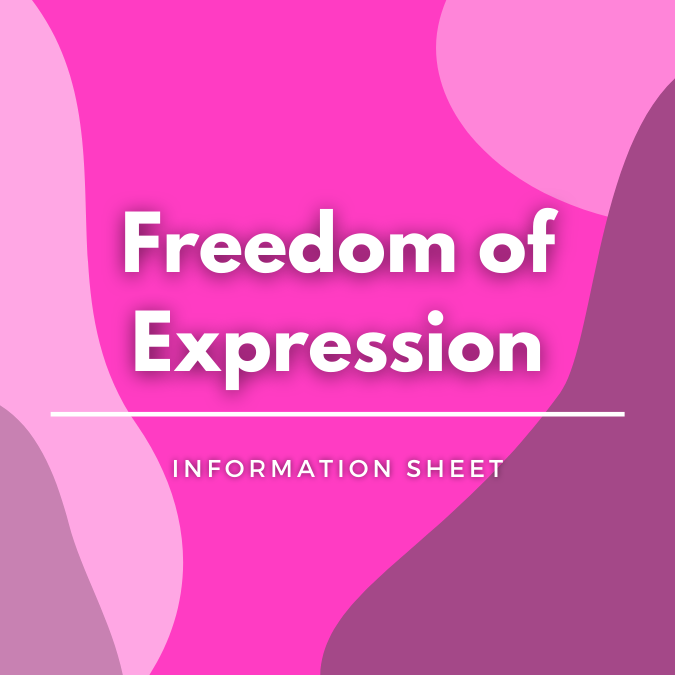What new defamation ruling means for your social media

What does the recent ‘Voller’ defamation case mean for your social media pages?
A recent decision in the High Court has clear implications for social media users and organisations who run social media pages.
Dylan Voller became known to the public after he and others were mistreated in a youth detention facility in the Northern Territory. The mistreatment was documented in an episode of ABC’s Four Corners and attracted a lot of media attention.
In 2019 Dylan Voller sued various Media Outlets, including Fairfax, Nationwide and Sky (the ‘Media Outlets’), for defamation. The Media Outlets had posted articles about Voller on their Facebook pages, which led third-party Facebook users to leave defamatory comments about him, falsely accusing him of committing violent crimes.
To bring a successful claim in defamation, a defamed person must prove ‘publication’ of the defamatory matter by the party or parties they are suing. Publication occurs each time the defamatory matter is read, heard or seen. In this case the Media Outlets argued that because they did not write the comments and they were contributed by third party Facebook users, that the Media Outlets were not the ‘publishers’ of the third-party comments. However, both the New South Wales Supreme Court and Court of Appeal found that the Media Outlets were publishers of the third-party comments.
The Media Outlets appealed to the High Court. The High Court dismissed the appeal, holding that Media Outlets are in fact publishers of third-party comments on their Facebook pages. The High Court rejected the argument that, to be a publisher, a person must know of the defamatory material and intend to convey it.
The High Court found that, by creating a public Facebook page and posting content, the Media Outlets had facilitated the publication of the third-party comments – and were therefore publishers of these comments. Dylan Voller has not yet won his defamation case as there are other elements to the proceedings that need to be considered. The case will return to the New South Wales Supreme Court where Dylan Voller will continue to pursue the defamation claims against the Media Outlets and they will have a chance to defend them.
What does this mean for social media users or organisations who run social media pages?
To be liable for defamation, a person must be a ‘publisher’ of the defamatory content.
This High Court decision means that anyone who posts on social media will be considered a ‘publisher’ of comments made on their content, including those made by other social media users, whether they are known to you or not. Social media users are therefore at risk of defamation if comments found on their pages are defamatory – even if they did not intend to defame anyone.
This may therefore affect artists and art organisations who use social media to drive engagement or manage Facebook pages and events.
What actions can you take to minimise your risk?
If you are concerned about the risk of defamation claims, you could turn off public comments on some or all of, your social media pages. This obviously cuts down on the possible engagement you can gain from users and may not be ideal. However, if you are posting about highly controversial subjects or want to fully protect yourself from risk this might be an option.
Facebook and Instagram also allow you to automatically hide comments that feature certain keywords. You can read more about hiding comments here.
A more costly option would be to hire a social media moderator, or appoint someone within the organisation to review comments once they have been posted. As at September 2021 Facebook does not have an option allowing a page owner to approve the comments before they are posted. This means individuals and businesses who run social media pages can still be vulnerable to defamatory comments being published before the moderator has had the opportunity to remove them. This can be a problem for social media users who don’t have the resources to facilitate 24/7 moderation. Even Australia’s national broadcaster, the ABC, will ‘turn off’ comments for certain material due to defamation and other legal risks. For a case study on how a major media outlet manages these risks, you can read the ABC’s editorial policy on ‘Moderating User Generated Content’ here.
If you have comments posted to your social media pages that you think could possibly be defamatory, time is of the essence, so it is best practice to remove them as soon as possible even if you are not sure.
Key takeaway
This decision places responsibility on users and organisations who operate social media pages to monitor public comments. Otherwise, they are at risk of being liable for defamation.
How Arts Law can help:
Arts Law has an information sheet on defamation law here.
In addition, you can fill out a legal query form on our website here to either have a general telephone advice call to answer your queries or a review of any material (for example, excerpts of articles, books or other publications) for advice on whether it includes any defamatory statements.
By Grace Qiu (Intern, Sydney University) and Roxanne Lorenz (Solicitor, Arts Law)




